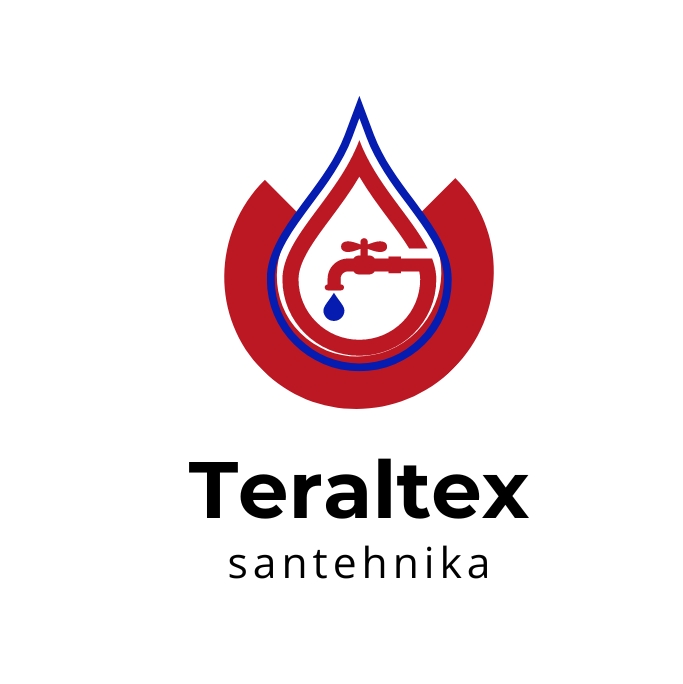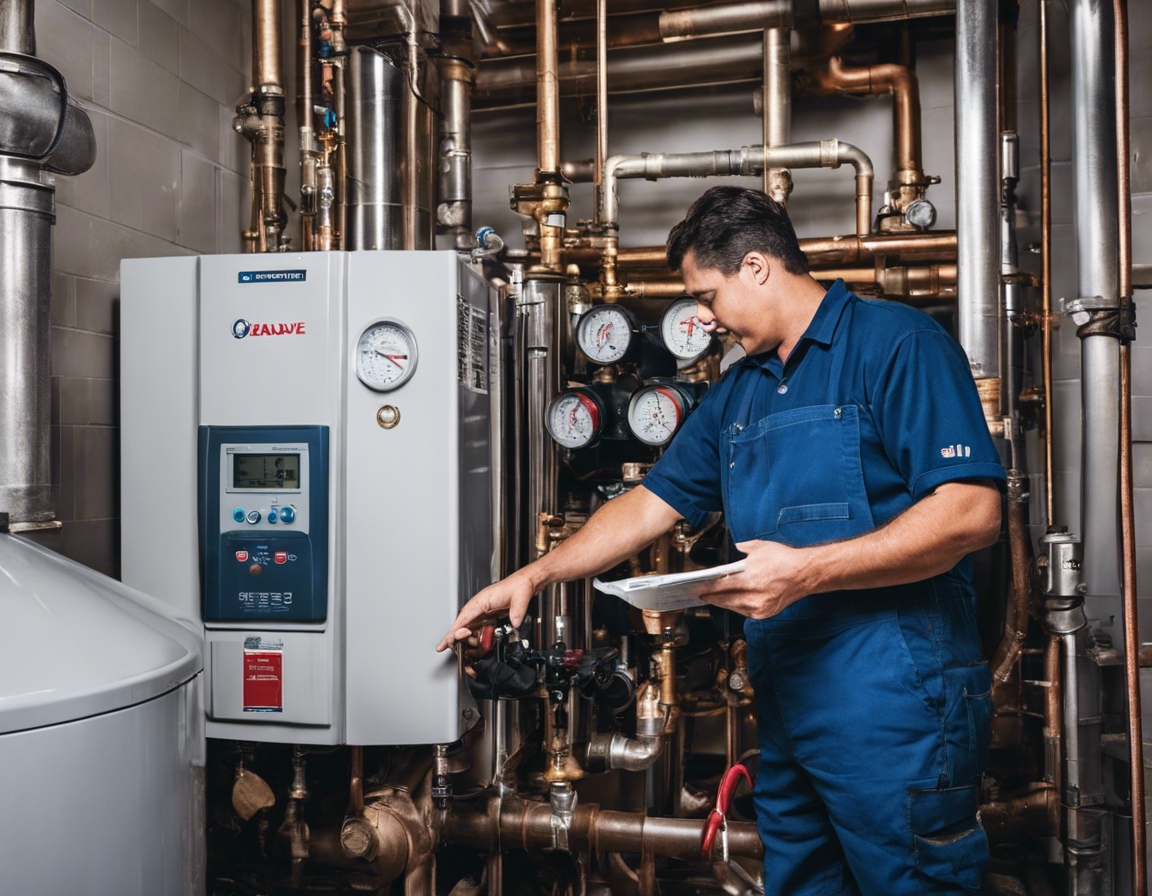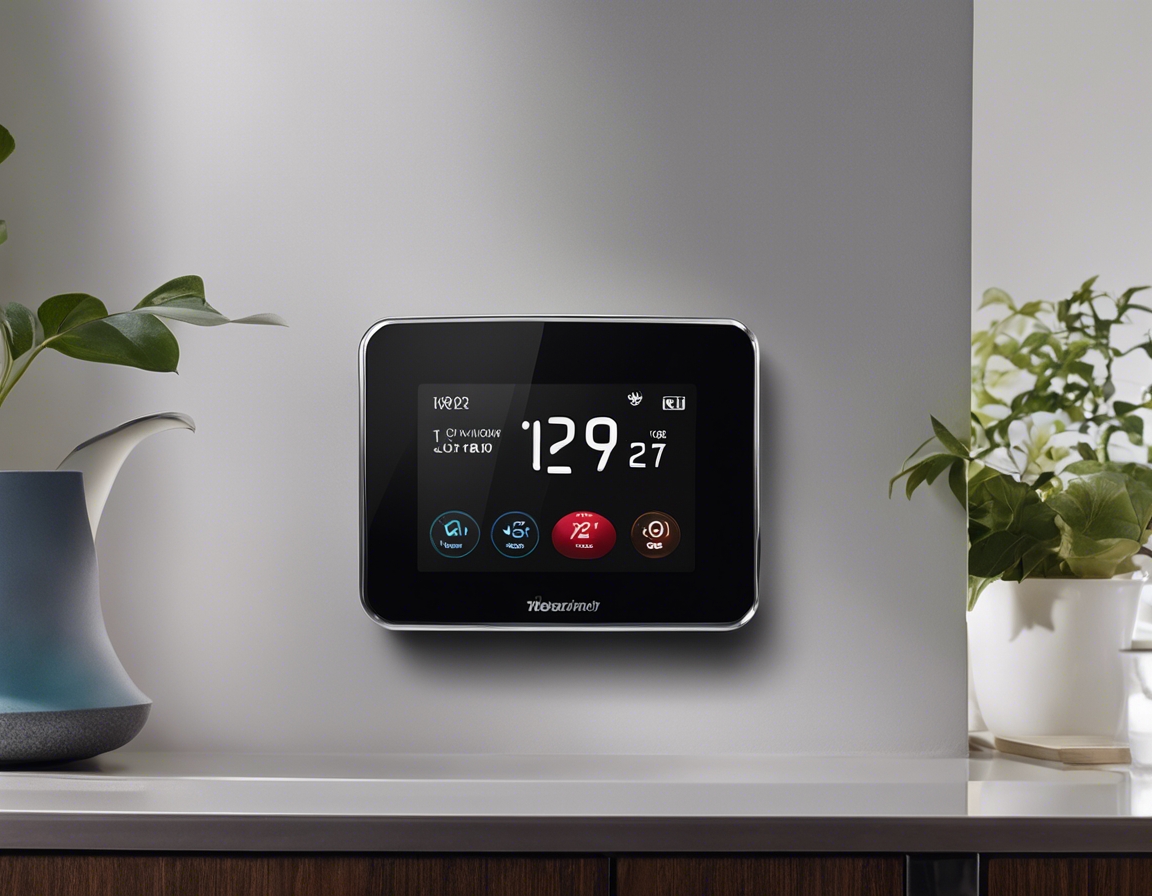The future of heating: trends to watch
The future of heating is a hot topic for homeowners, property developers, and businesses alike. As we strive for more sustainable living and cost-effective solutions, the heating industry is undergoing a significant transformation. This blog post will explore the trends that are shaping the future of heating and what you should watch out for.
Current State of Heating Systems
Traditional heating systems, such as furnaces and boilers, have been the backbone of home heating for decades. However, these methods are often energy-intensive and contribute to environmental pollution.
The main challenges facing current heating systems include high operational costs, inefficiency, and the environmental impact of fossil fuels. There is a growing demand for systems that address these issues.
Emerging Trends in Heating Technology
Renewable energy sources, such as solar and wind power, are becoming increasingly popular for heating. These sustainable options can significantly reduce carbon footprints and operational costs.
Smart thermostats and controls allow users to manage their heating systems more efficiently, often leading to energy savings and improved comfort.
Heat pumps are gaining traction as they transfer heat rather than generate it, offering a more efficient alternative to traditional heating. Geothermal systems, which harness the earth's natural heat, are also on the rise.
Hydrogen heating systems, which produce water as a by-product, and biomass systems, which use organic materials for fuel, are emerging as potential low-carbon solutions.
The integration of heating systems with home automation technologies is expected to enhance user convenience and system efficiency.
Energy Efficiency and Sustainability
Stricter building regulations and green standards are pushing the industry towards more energy-efficient and sustainable heating solutions.
Improvements in insulation materials and techniques are crucial for reducing heat loss and enhancing the overall efficiency of heating systems.
Heat recovery systems, which recycle heat from various sources within a building, are becoming a key component of energy-efficient heating strategies.
Future Considerations for Homeowners and Developers
While the initial cost of installing modern heating systems can be high, the long-term savings and environmental benefits make them a worthwhile investment.
As climate change continues to influence weather patterns, heating systems must adapt to provide reliable comfort in changing conditions.
Selecting the most appropriate heating system requires careful consideration of various factors, including building size, location, and personal preferences.






Comments (0)